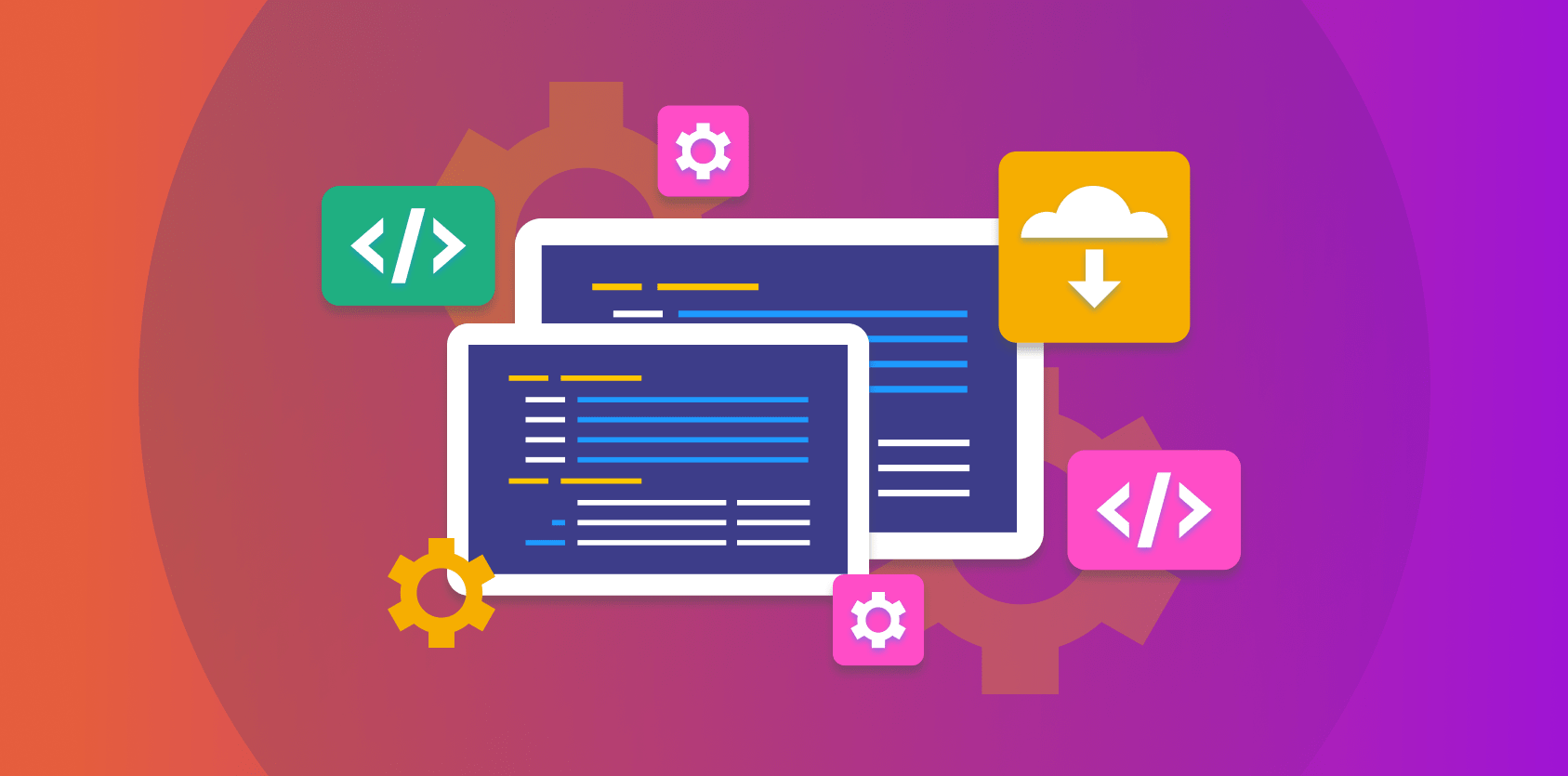-
Share This:
5 Ways a Dependency Map Improves Software Development
What is Dependency Mapping?
Dependency mapping is a process that helps developers fully understand and manage all code and database usages across large-scale software and data structures. Dependency mapping significantly shortens the time it takes for developers to fully understand an application, its architecture, and how all the code fits together to form a cohesive whole.
The benefits of application dependency mapping include:
- Increased developer productivity
- Better application documentation
- Improved collaboration for development teams
- Enables team leaders to direct development efforts more efficiently
- Allows executives to make more informed software development priorities
Below are five key ways that comprehensive dependency mapping solutions, such as CodeLogic, help developers and team leaders optimize their day-to-day efforts, manage their projects efficiently, and improve the overall success of their business.
Rapid Onboarding for New Devs
Software development has one of the highest turnover rates of any profession. Because of the complex nature of the job, this often results in a lot of tribal knowledge—unwritten information that is known by only a few within a company—across developers. Critical details about a project’s codebase such as, how different pieces of an application interconnect, and what gets impacted when there is a change, often leave with the developer when they move to a new project or part ways with the company.
This knowledge gap leaves the developer who replaces them at a serious disadvantage. Even the most talented programmer might need weeks or even months to understand how each piece of a complex application fits together.
Dependency mapping ensures that tribal knowledge is a thing of the past. With a detailed map of how everything fits together — down to every last class, method, and database connection — new developers can get up to speed fast. This results in faster project onboarding, quicker time to productivity, and a more efficient dev team.
Maintain Higher Code Quality
It’s easy to think of software development in binary terms: If the code works, problem solved. But code quality matters. On average, developers spend 33% of their time dealing with technical debt. That’s a huge number of development hours spent refactoring low-quality code. Perhaps even more alarming, 58% of surveyed engineers said their companies completely lacked a process to manage technical debt. With the right tools, those hours could be spent building new features that drive business success.
Application dependency mapping can help develop better test cases based on code connections and relationships, resulting in higher quality code. By understanding these relationships, developers can see what’s impacted and what should be tested more carefully, resulting in better code the first time around and far less technical debt in the future.
Avoid Costly Mistakes
No team leader or developer wants to push broken code to production. Even in a best-case scenario, broken code results in a bug that requires immediate developer attention. In a worst-case scenario, it could cause an entire project to fail, as was the case for the Mars Climate Orbiter, where a simple measurement conversion mishap caused the craft to plummet to the Martian surface, costing NASA $125 million.
With comprehensive dependency mapping tools, developers and their team leaders can see what recently changed in the codebase and what might’ve caused code to break, in the event that an outage or bug occurs. In applications with lots of moving parts and myriad interconnections, this intelligence is invaluable. Understanding how even a change to the smallest piece of code impacts a project can save a business a lot of money, time, and headaches.
See the Impact of Change Before You Deploy
Much of software development relies on an understanding of the details. It’s about fully understanding the kind of impact a change could have on the entire project. But more often than not, code complexity means these impacts are difficult to see, let alone predict. Even the most seasoned developers have blind spots when it comes to highly complex codebases.
Application dependency mapping software can help developers understand how new code impacts the application well before it’s ever deployed. This allows development teams to prevent negative impacts and understand changes in a meaningful way—helping them to make smarter decisions about the code they work on.
Understand the Big Picture
One of the biggest challenges in successful software development is stepping away from the code and looking at the bigger picture. It’s why development projects need team leaders to make informed decisions about what to prioritize. Whether it’s a small product enhancement or a full-stack architectural change, team leaders need the ability to effectively direct development efforts to best align with business objectives.
By using a comprehensive application dependency map, dev teams, team leaders, and business executives can easily step away from the trees and get a good look at the forest.
Learn More About Dependency Mapping
Software development takes a special kind of team. It requires hard work, talent, critical thinking, and sound strategies. When those teams can accurately map, visualize, document, and understand the connections and dependencies inside their applications, it positions them for success.
Understand why smart application teams are adopting application dependency mapping solutions.
Click here to read our White Paper


